2023 Hong Kong Action Plan for Modern Logistics Development – Creating a modern logistics hub
- November 9, 2023
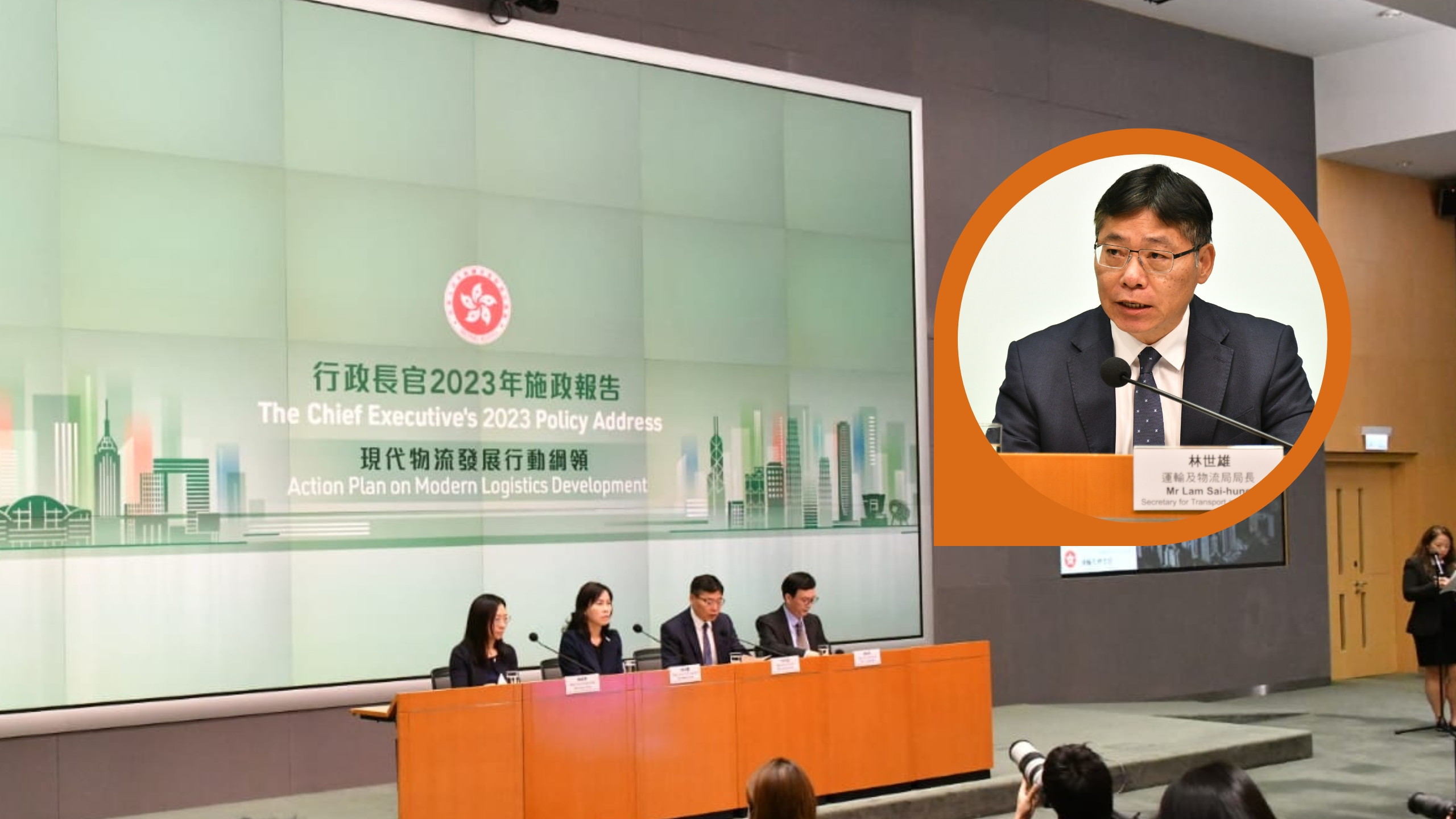
Hong Kong’s 2023 Policy Address has introduced a range of measures and development plans (Hong Kong Action Plan for Modern Logistics Development) to drive the high-quality development of the logistics industry and solidify its position as an international logistics hub.
The following are the key impacts of the Policy Address on Hong Kong’s logistics industry:
1) Multi-level Logistics Facilities:
The government has outlined plans to create a modern logistics hub by reserving approximately 37 hectares of land in the new development area of the northern metropolis. Additionally, feasibility studies will be conducted, and four plots of logistics land covering approximately 19 hectares will be periodically released between 2024 and 2027, specifically for developing multi-level logistics facilities. These initiatives will enhance the efficiency and sustainability of Hong Kong’s logistics industry while also meeting the growing demand for logistics services.
2) High-end Maritime Services:
The government is committed to promoting the development of high-end maritime services and strengthening collaboration and exchanges between Hong Kong, the Greater Bay Area, and the international maritime community. These efforts will further enhance Hong Kong’s stature and influence in the maritime sector, thereby driving the growth of the logistics industry.
3) Green Shipping and Digitization:
The government will support the transition to green shipping practices and actively promote the digitalization and automation of the maritime industry. These measures are aimed at reducing environmental impact, improving energy efficiency, and enhancing the intelligence and digital capabilities of logistics operations.
4) International Logistics Hub:
Through modernization, sustainability, green practices, and internationalization, Hong Kong aims to consolidate its position as a premier international logistics hub. This entails providing more convenient logistics services, attracting global logistics companies to establish their presence in Hong Kong, and fostering the growth of trade and logistics activities.
In summary, the measures and development plans outlined in the Policy Address will have a positive impact on Hong Kong’s logistics industry. By focusing on constructing multi-level logistics facilities, fostering the development of high-end maritime services, promoting green shipping practices, and enhancing its international logistics hub status, Hong Kong aims to improve logistics efficiency, attract investments, and stimulate overall economic development.
Other News
- All Post
- Breaking News
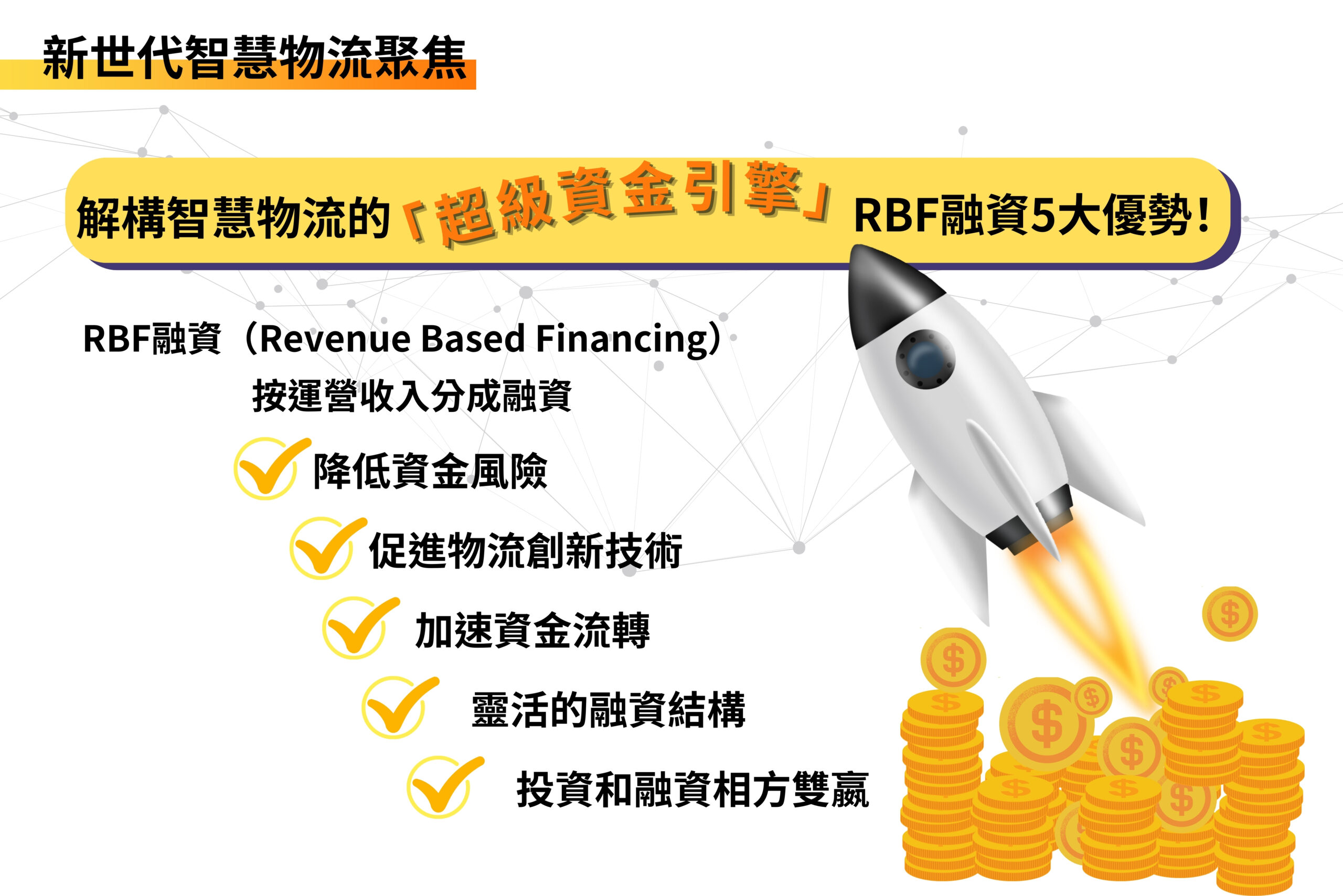
RBF is increasingly becoming a key driver in the smart logistics sector. This model not only alleviates companies' financial pressures but also fosters innovation and market expansion.
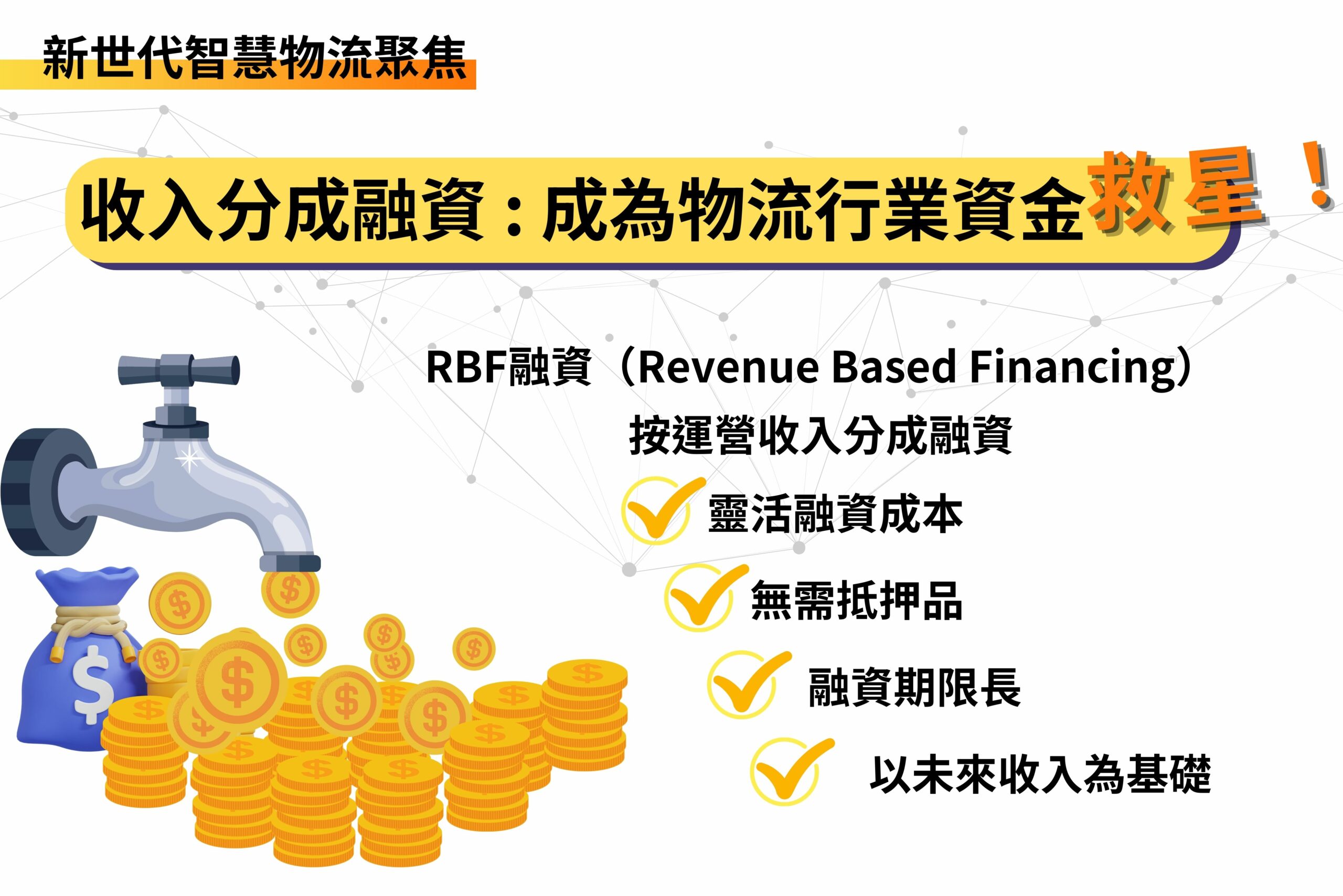
The logistics industry is currently grappling with significant challenges, including business expansion, technology upgrades, and supply chain management. As companies strive to upgrade to smart logistics level, there is an urgent need for substantial financial support. One solution gaining traction is Revenue-Based Financing (RBF), which offers a flexible approach to cash flow management.
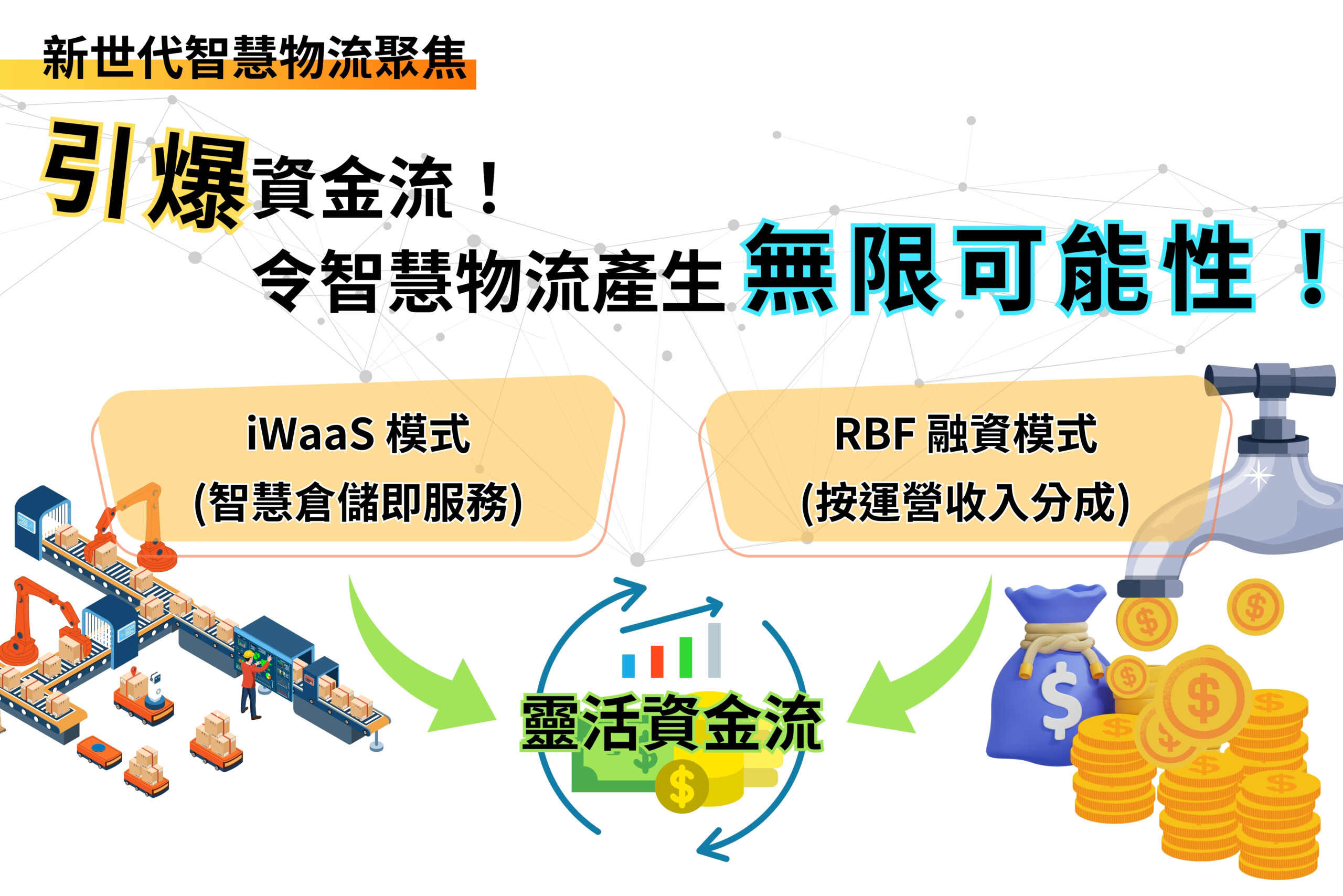
At the core of smart logistics development, the strongest driving force is undoubtedly " Capital flow ".
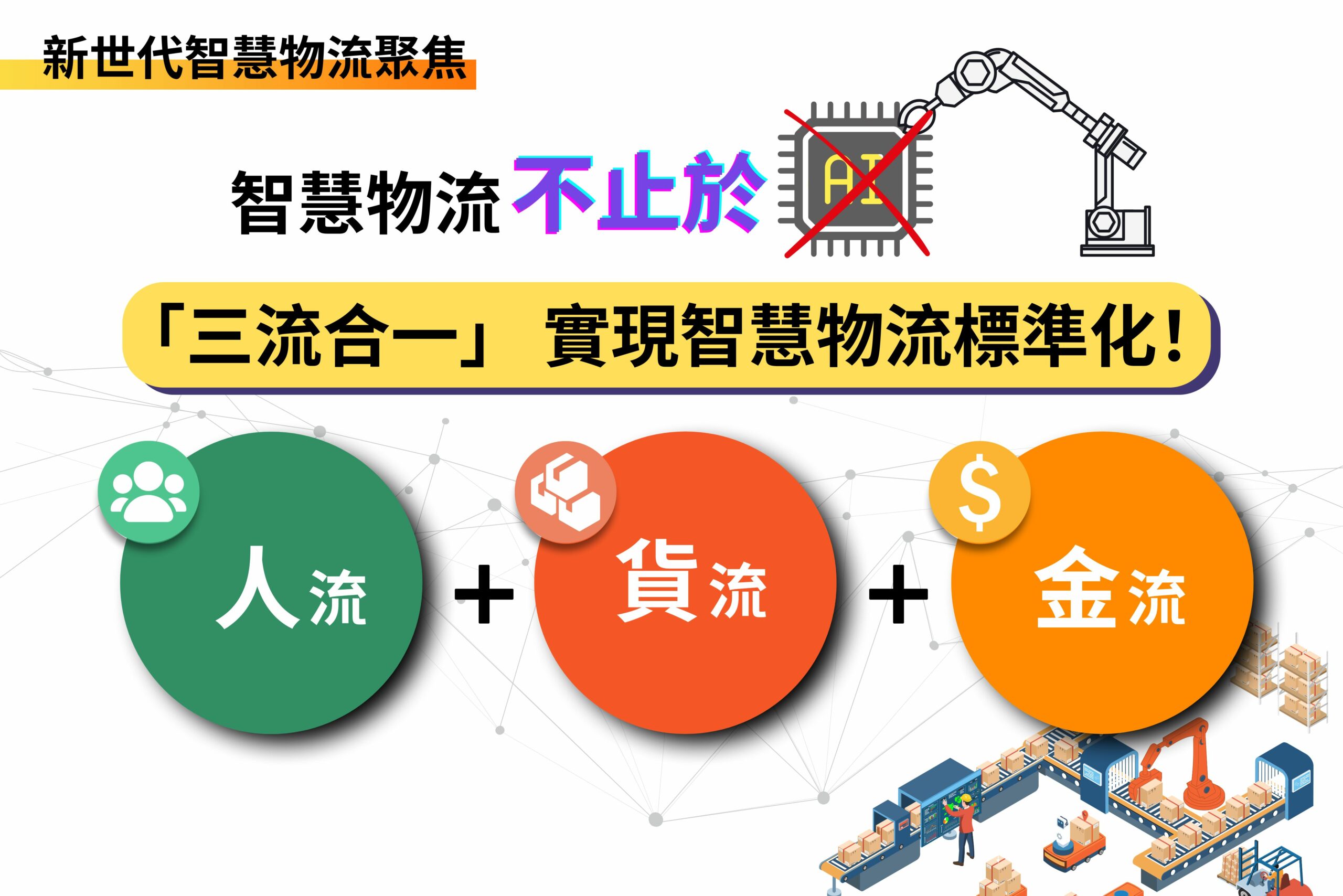
"Smart Logistics" should be about enhancing the stability of the supply chain and achieving smooth operation of the logistics supply chain, with AI as just one component.
